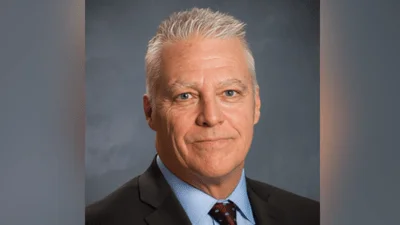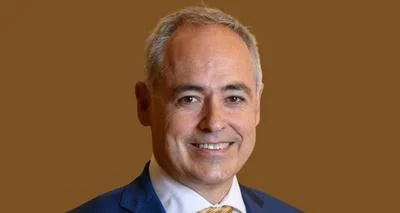House-approved legislation that would allow both township boards and residents to dissolve townships in McHenry County and reduce local taxes is the first step in eliminating other redundant, costly local governments statewide, state Rep. David McSweeney (R-Barrington Hills), the sponsor of the bill, believes.
"Taxpayers shouldn’t be burdened with paying for redundant or unnecessary layers of government, and they deserve an avenue to address their concerns with township government," McSweeney told the McHenry Times. “Ultimately if we want to lower property taxes in Illinois we have to give voters the ability to eliminate some of the layers of local government.”
The House sent HB 4637 to the Senate on April 17 with an 80-22 vote. McSweeney said that the legislation got strong resistance from local government officials who want to maintain the status quo – backed by some Republican legislators who voted against the bill.

State Rep. David McSweeney
“They believe their jobs are threatened and they are,” McSweeney said.
He added that it was “outrageous” that a group of trustees from Algonquin Township traveled to Springfield, a trip paid for by the taxpayers, a week after the bill’s passage in the House to urge the Senate not to send the bill to the governor.
“You’re looking at the very essence of the problem,” he said. “The taxeaters spending taxpayer money to lobby against a bill that would save the taxpayers money.”
HB 4637 would allow voters or the trustees of a township to initiate a plan to dissolve the township. The township would then be dissolved within 90 days after a majority of voters approved the plan. McHenry County or another township would absorb the functions of the former government unit. Residents of the dissolved township would see an immediate tax cut; any taxes levied by the county for that area could not exceed more than 90 percent of the taxes levied by the old township.






 Alerts Sign-up
Alerts Sign-up